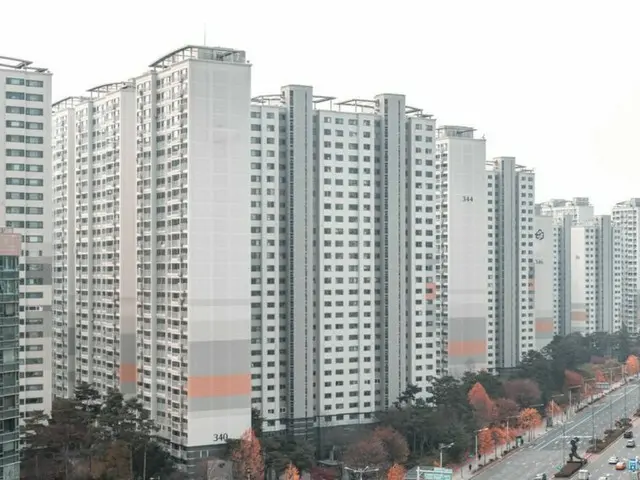On the 15th, the Housing Industry Research Institute (JUSAN-KEN) announced the results of a survey it conducted targeting housing businesses. The August national housing business economic outlook index was down 0.5 points from the previous month.
When the index exceeds 100, it means that a large percentage of companies expect the economy to improve, while when it falls below that baseline, it indicates the opposite situation.
Looking at the August outlook by region, the capital area recorded a 108.3 index, up 20.9 points from the previous month. This is the first drop in the benchmark since October last year (102.9).
Incheon city in the capital region recorded the largest increase, rising 34.5 points to 100.0. Seoul city rose 12.9 points to 120.0, and Gyeonggi province rose 1
The index rose 5.4 points to 105.1. The increase in purchase prices and transaction volume due to a recovery in purchasing appetite has led to expectations of a recovery in the housing business.
On the other hand, outside the Tokyo metropolitan area, the overall index was down 3.9 points from the previous month to 81.2.
Metropolitan cities, including Sejong Special Self-Governing City, had an average of 1.4 points (82.0 to 83.
4) Although the index only increased slightly, the outlook index for Daegu, a city that has been in a prolonged recession, attracted attention by rising 23.6 points to 104.3.
Daegu's economic outlook index has risen for three consecutive months, exceeding the baseline for the first time since October last year.
On the 1st, Daegu City held a private joint advisory meeting for demand promotion policies to discuss measures to resolve the problem of unsold housing.
The index for all provinces except Gangwon and South Chungcheong Provinces fell to an average of 7.7.
The national materials supply index fell 6.4 points from the previous month to 88.8, while the financing index rose 3.7 points to 77.9.
The materials supply index fell for the first time since February, but the construction cost index recorded a record high of 130.21 in May. The increase in the minimum wage and the increase in the cost of transporting ready-mixed concrete led to a decline in the supply of raw materials.
The increase in non-rental costs had a negative impact. The financing index maintained an upward trend for the fourth consecutive month, reaching 77.9, the highest level so far this year.
The forecast reflects expectations for a cut in the U.S. base interest rate, rising housing prices in the Seoul metropolitan area, and the government's efforts to normalize project financing.
Can be seen.
2024/08/16 05:52 KST
Copyrights(C) Herald wowkorea.jp 104

